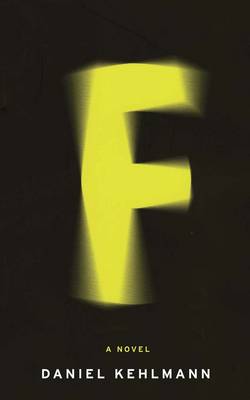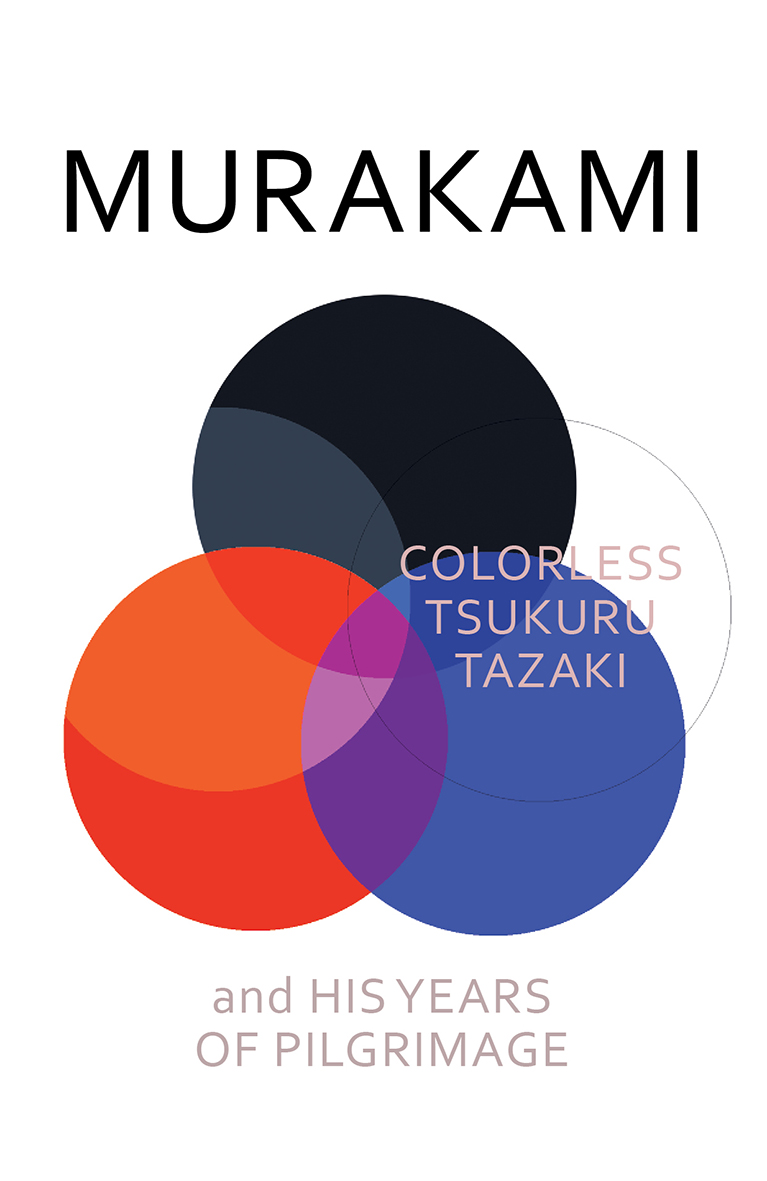 Daniel Kehlmann, F (2013)
Daniel Kehlmann, F (2013)
Translated from the German by Carol Brown Janeway (2014)
I keep wanting to call F a family saga in reverse; but that description, though snappy, isn’t quite right. Let’s say that F is a novel about several generations of a family, which highlights that we approach family history by working backwards, and thereby have to piece everything together to make sense of it.
We begin in 1984, when the Friedland brothers go with their father Arthur to a hypnotism show. The hypnotist tells Arthur it’s time to make the change in life that he always wanted; next thing the boys know, their father has gone away, taking his passport. They won’t see Arthur again for years – but in the meantime, he will become an internationally famous author. The bulk of the novel follows the brothers in adulthood: Martin, the priest; Eric, the financier; Ivan, the painter – each fundamentally a fraud in his chosen profession. Their stories overlap, but in reverse chronological order; so the causes of certain events become clear only gradually, and we see the contrasting ways in which the Friedland brothers view each other.
In another section, Arthur gallops back through the generations of his family, a survey of centuries that serves to illustrate how little he ultimately knows. The final chapters of F focus on Eric’s daughter, and tie up a few loose ends – for the reader, of course; Kehlmann’s choice of viewpoint character reminds us that, as a new generation emerges, the stories of the old one recede into mystery.
Carol Brown Janeway’s translation effectively facilitates F’s movement through different tones: from social realism to humour to gothic nightmare and beyond. I knew nothing about Daniel Kehlmann’s work before starting F; now I want to read everything I can that he’s written, and I would be very happy to see this novel on the IFFP shortlist.
Haruki Murakami, Colorless Tsukuru Tazaki and His Years of Pilgrimage (2014)
Translated from the Japanese by Philip Gabriel
So, time for my second encounter with the work of Haruki Murakami. I had a hunch that the IFFP would bring this, and felt both intrigued and apprehensive at the prospect. The first Murakami I read, Sputnik Sweetheart a couple of years ago, didn’t leave much of an impression. I have wondered whether he’s the kind of author for whom you need to have ‘caught the bug’ at the right time (as can be the way with such prolific writers). Obviously I’d need to read more to find that out, but going straight to an author’s latest book is not necessarily the best way. Still, Colorless Tsukuru Tazaki is the book on the table for the IFFP, and I like it better than Sputnik Sweetheart – albeit not quite enough to send me off to read all his work.
Tsukuru Tazaki is 36, designs train stations for a living, and is drifting aimlessly through life. At high school, he was part of a close-knit quintet of friends – though he felt an outlier, simply because he was only one without a colour in his name. Then, one day, they asked him not to contact them any more – and Tsukuru never quite got over it. Now he’s seeing a woman, Sara, who convinces him it’s time to track down his old friends and find out why they cut him off.
It took me a while to warm to Colorless Tsukuru Tazaki – at the beginning, it seemed that barely a page went by without an overwrought simile – but my interest began to be perked when Tsukuru’s search got underway. Tsukuru is someone who makes things (that’s even what his name means), and the way he works through his problem is both kinetic (going to visit his friends once he finds out where they are) and rooted in physicality (one of the novel’s key metaphors is how much Tsukuru and friends have changed over the years, perhaps without realising). I think that sense was what ultimately made Colorless Tzukuru Tazaki work for me. If I were more familiar with Murakami’s work, I might have picked up on more, but there it is. I don’t have particularly strong feelings either way about the prospect of the book making the IFFP shortlist, but I wouldn’t be surprised if it did.
Read my other posts on the 2015 Independent Foreign Fiction Prize here.

16th March 2015 at 8:21 am
I heard an extensive interview with Kehlmann here in Canada on an excellent radio program called Writers & Co and was very intrigued. Looking forward to this one.
16th March 2015 at 3:13 pm
When Kehlmann’s Measuring the World came out it seemed like an interesting one-of but he’s since gone on to prove himself a versatile and fascinating writer. I think you’ll enjoy catching up with him.
I must admit I’m finding it’s the law of diminishing returns with Murakami – I prefer his earlier novels, particularly The Wind Up Bird Chronicle.
16th March 2015 at 7:58 pm
I have to say this isn’t my favourite Murakami novel but that may be because I read it soon after finishing 1Q84 which I loved and had a more vibrant plot. But I do hope you try Murakami’s other novels, perhaps The Wind-up Bird Chronicle which was the first one I read, then maybe Norwegian Wood.
16th March 2015 at 9:20 pm
Intrigued by Kehlmann and trying to get hold of a copy asap. You might prefer the more magical realist Murakami novels like Kafka on the Shore.
16th March 2015 at 9:36 pm
The Kehlmann attracted much attention here in UK when it was published. I wasn’t sure about it but you’ve reawakened my interest
18th March 2015 at 9:42 am
Looking forward to ‘F’ and hoping it hits the spot as Kehlman’s a writer I’ve wanted to try for some time. As for Mr. M., you either like him or you don’t, and as I’ve got a whole shelf groaning under the weight of his work, you can tell which camp I fall into
19th March 2015 at 7:14 pm
Thanks for the comments, everyone. I think I should give one of Murakami’s more famous books a try, and see how I get on with it.
24th March 2015 at 3:03 am
You ended up liking the novel more than I did. I did like the reverse chronological order, as you so aptly put it, or the twists resembling a Ribiks Cube as Grant mentioned. I did dwell in all the layers, teasing hem apart, but my overall feeling of the book is that it’s Kehlmann’s endichtment of character; each person was ultimately a fraud to me, the result of an enormous lack of integrity and wisdom. Silly to “blame” that on a hypnotist.
29th March 2015 at 3:45 pm
Thanks for your comment Bellezza, though I’m not quite sure where we disagree – ‘each person was ultimately a fraud’ sounds about right to me.
29th March 2015 at 5:44 pm
I think the only place we may have disagreed is the sense that you liked the novel more than I did. The more I think about it, the less I like it even now, compared to the others in the list.
28th March 2015 at 5:44 pm
I’ve read a fair bit of Murakami. I actually didn’t take to Wind-Up, which I found bloated and never actually finished.
For me I’d start with something like A Wild Sheep Chase or Hard Boiled Wonderland and the End of the World. My favourite though so far is South of the Border, West of the Sun, which contains no surreal elements at all but which is terribly bittersweet.
Reading your review, a guy who drifts aimlessly while designing train stations and who looks back to life at high school is vintage Murakami territory.
The Kehlmann hasn’t particularly attracted me.
29th March 2015 at 3:48 pm
Thanks Max, that’s yet another potential starting point for reading Murakami further. I might just take what I can find at the library, though that approach didn’t serve me very well last time…
As for the Kehlmann, horses for courses; but I’d recommend it.